Microsoft, First Solar Partner for Solar-Powered Data Centers
Sun Streams 2, a 150-megawatt solar plant will provide enough power to cover the energy load for new Arizona data center campuses under a 20-year power purchase agreement.
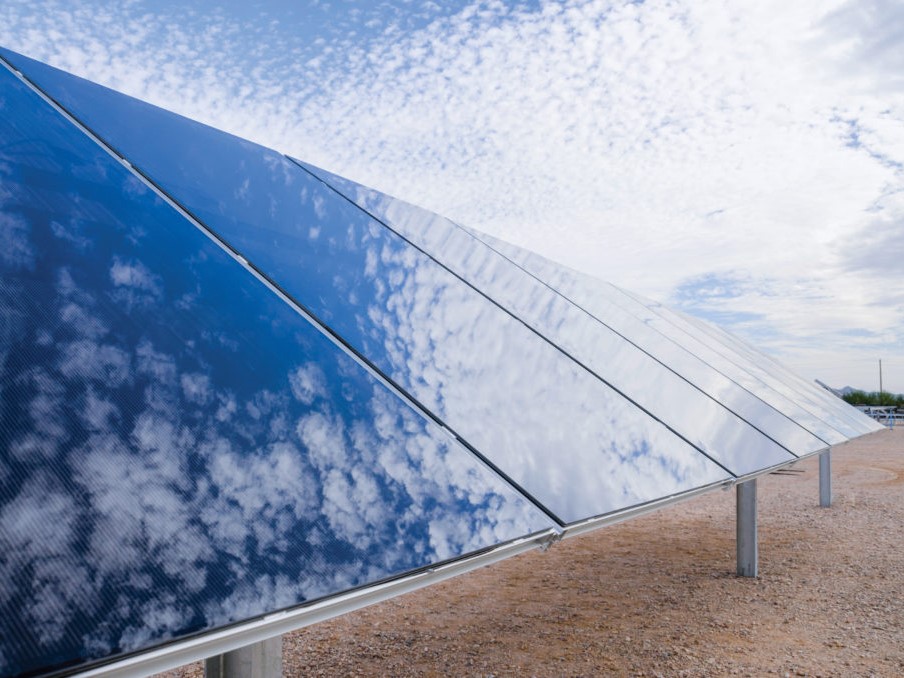
Eco-efficient solar panels convert the sun’s energy into electric power. Image courtesy of First Solar Inc.
Microsoft’s commitment to reducing the environmental impact of its operations is making big steps. The company’s amount of renewable energy powering its data centers will reach the 60 percent mark this year, ahead of schedule. Although the tech company is nowhere to be found in SEIA’s 2018 Solar Means Business Report, the answer lies in wind—Microsoft has invested consistently in wind projects.
READ ALSO: Businesses Shine in SEIA’s 2018 Solar Report
Part of the strategy to hit 70 percent by 2023 involves Arizona: Here the tech giant will develop new data center campuses to support the growing demand for cloud and internet services in the state and across the western U.S. These facilities will be located in El Mirage and Goodyear, Ariz. and will be among the most sustainably designed and operated ones in the world, powered with 100 percent renewable energy.
Solar power for cloud services
To power the data centers with solar energy, Microsoft announced a partnership with First Solar of Tempe, Ariz. for a 150-megawatt photovoltaic solar plant. The facility will provide enough power to cover the energy load for each of the new data center campuses under a 20-year power purchase agreement. With this agreement, Microsoft will have renewable energy partnerships totaling nearly 1.5 gigawatts.
The Sun Streams 2 solar plant will use First Solar’s proprietary Series 6 module technology, which has a carbon footprint that is up to six times lower than conventionally manufactured crystalline silicon photovoltaic panels. It will begin construction in late-2019 and will provide up to 500 construction jobs.
The facility is slated for completion in 2021 and is anticipated to displace 190,000 metric tons of carbon dioxide annually, which is equivalent to taking 37,000 cars off the road every year and saving more than 94 million gallons of water, based on Arizona averages. Moreover, the air quality benefits of the project will amount to more than $12 million in avoided healthcare costs annually.
Microsoft is also pursuing LEED Gold certification for these data centers, which will boost energy-efficiency by conserving water and energy, generate less waste and support human health. The company committed to zero waste-certified operations for these new data centers, which means that at least 90 percent of waste will be diverted from landfills through reduction, reuse and recycling.


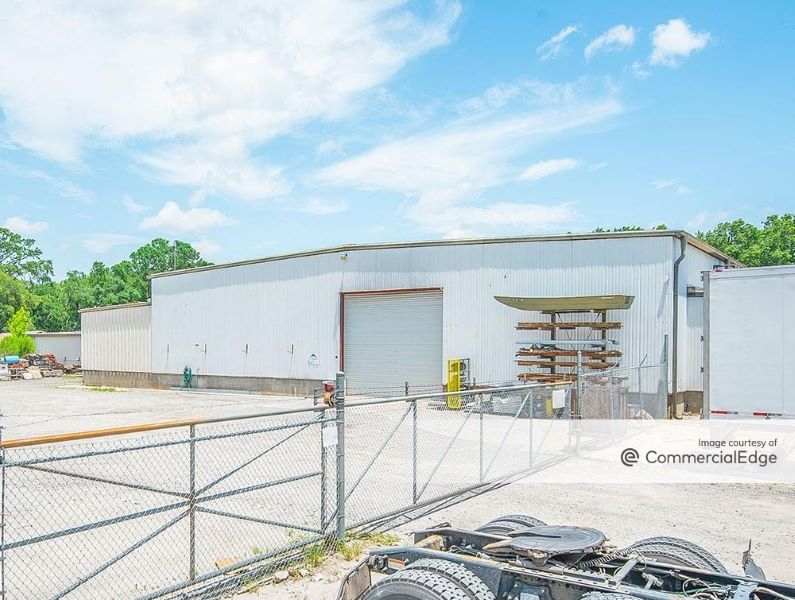
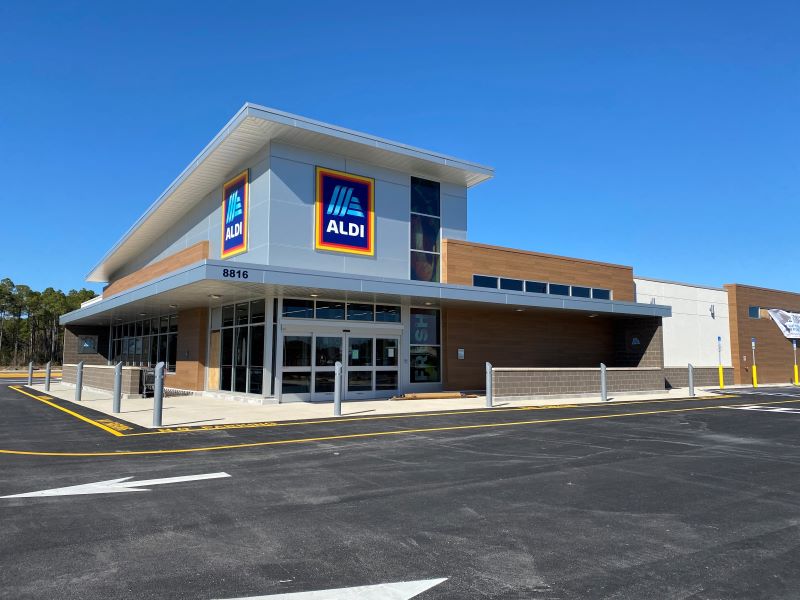
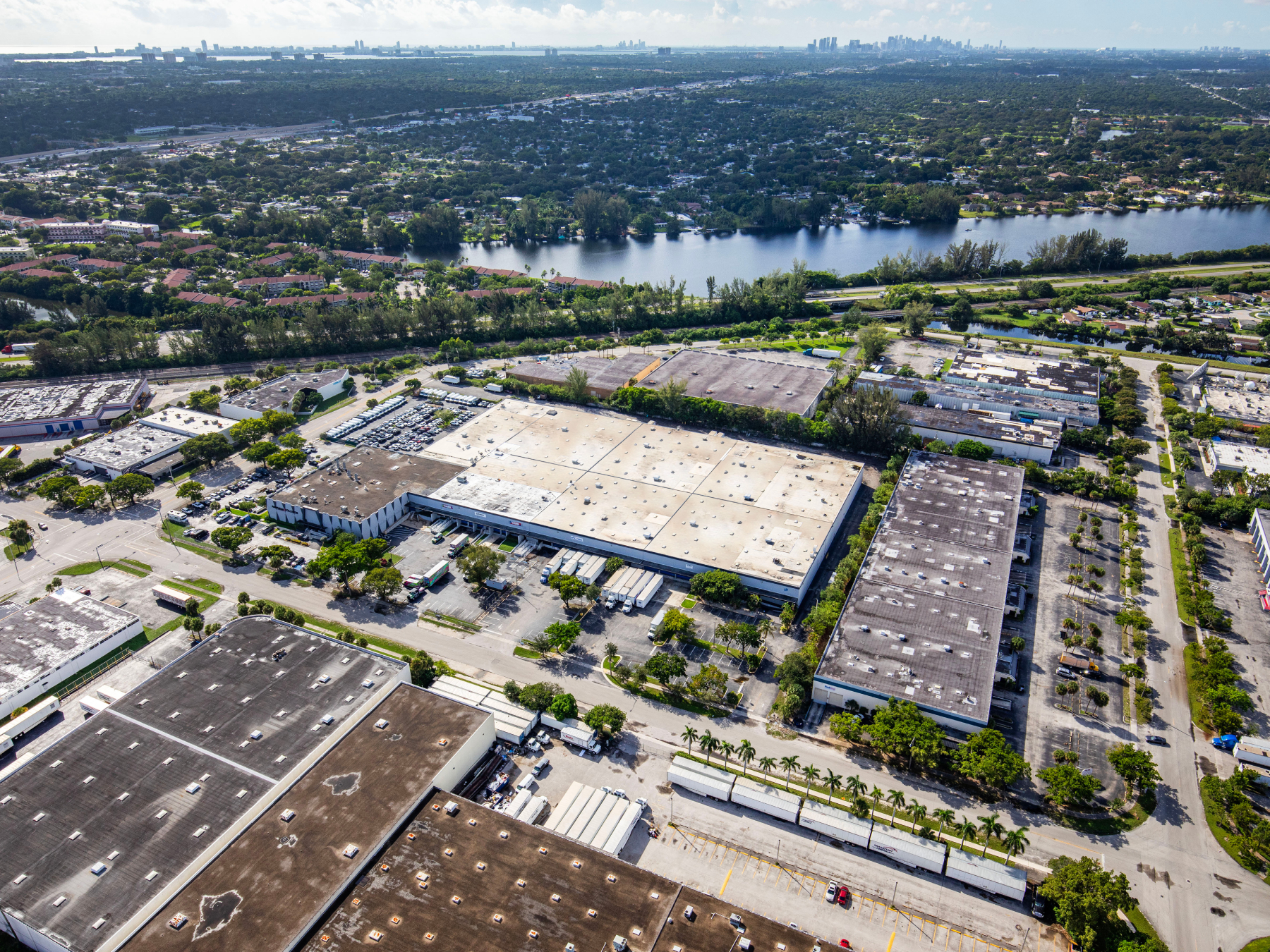

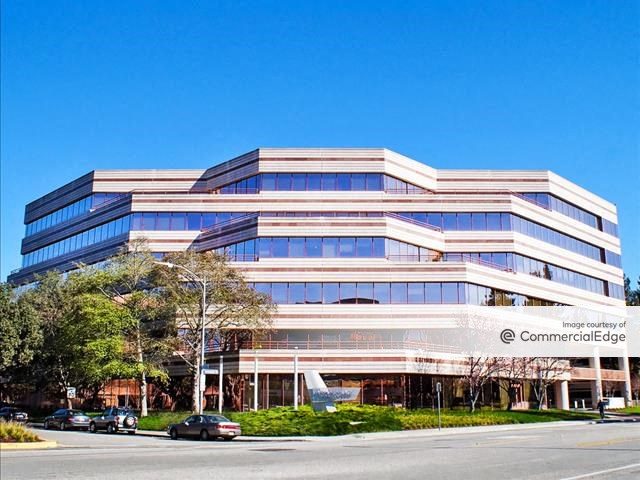
You must be logged in to post a comment.